|
Introduction These events involve a tragic true story that ultimately had a happy ending. Acknowledgement: I originally wrote this story for the “Australian Horse & Rider Yearbook 1994/95” and I thank them for publishing it as “Our Mother of the Year”. I am re-telling it here because the Australian foaling season is in full swing and it may help someone faced with the heartbreaking and exhausting dilemma of an orphan foal. Part I – Disaster Highborn Starlifter was a “first” in many ways. A bright bay Warmblood mare by Wunder (imp.) out of Highborn Duellstar by Duellschutz (imp.), she was the first filly we bred at the Highborn Warmblood Stud and went on to be classified as our first Head Stud Book mare. She was the first of our broodmares to foal and she went back in foal, first try, about 30 days later. She was always the first mare at the gate and the first to eat from the first feeder, but on a fateful evening in late November she was down by the dam, alone. Everything about the way she was standing – stationary, unsteady and depressed, warned that something was seriously wrong. Her seven week old foal by Highborn Powerlifter, a sweet bay filly named Highborn Panache, trotted between her indifferent mother and the other mares and foals waiting for dinner. Our first impression was only confirmed by close inspection: Starlifter’s eyes and gums were bloodshot, her temperature was 39.8 degrees Centigrade, her pulse was 100 beats per minute, and the persistence of a pinched skin fold on her neck indicated acute dehydration. Sometime between the morning and evening feeds, a healthy, happy, six year old broodmare had become a very sick horse indeed. Calling our vet was priority number one. As part of his examination, he performed three stomach taps, all of which contained faecal matter. The analysis: either all taps had entered the bowel or Starlifter had a ruptured gut. In the interests of giving her every chance, our vet recommended a mercy dash from our Stud near Canberra to the University of New South Wales veterinary hospital at Camden, in the hope that their diagnostic ultrasound machine would prevent her from having to be put to sleep if her condition was in fact due to something curable, such as acute colitis. At the time, rupture of the equine gut was untreatable because of the massive contamination of the abdominal cavity by leaking intestinal material. Euthanasia or certain death were the only choices. Even today, if the horse goes into advanced shock and contamination is advanced, the pain may be so great and the likelihood of recovery may be so remote that the vet will recommend euthanasia. When we arrived at Camden at around midnight, Starlifter was still on her feet in the float. She went down soon after being unloaded, but showed an amazing will to live by getting up again soon after starting on a saline drip. Her belly was clipped and the $40,000 ultrasound machine went into action. Hoping against hope, we watched the images on screen as the probe moved along her underline. Finally we had our answer: “She has no chance”. The scanner showed fluid in her abdominal cavity, indicating that a ruptured gut was indeed the correct diagnosis. Starlifter was put to rest and we drove home with heavy hearts, an orphan foal, and a tin of milk replacement formula.
When all was ready, we led Zyla into the foals’ yard and talked to her soothingly. Zar, indignant at being starved for almost an hour, started nursing right away. Panache, hungry as she was, remembered her manners and was reluctant to come anywhere near Zyla! I hadn’t anticipated this but solved the problem by putting more of Zyla’s milk into the basin and offering it to Panache. Once convinced it wasn’t the dreaded formula, she drank it readily and eventually followed the basin right to the milk bar. I will never forget the feeling of relief when she drew a deep breath, nervously took hold of a teat and began to drink. Zyla’s face registered great surprise at this development, and she moved sideways. Puzzled, she inspected this foal that smelled right but looked wrong. We kept reassuring her and Panache became a little bolder. Suddenly, Zyla stopped moving. Instead, she stood like a rock, with an expression that said: “I’m going straight to heaven for this”, and allowed Panache to drink her fill. For about four days, we had to catch and hold Zyla for every feed or she would warn Panache away. I also repeated the milk sprinkling ritual for several days until Panache began to smell like Zyla’s own foal naturally. Soon though, all we had to do was be in the area; Panache would assume the nursing position and Zyla would do the right thing. Interestingly, seemingly through mutual agreement, the two foals continued to drink from the same side as they were on that very first time – Zar of the offside and Panache on the near. After some ten days, Zyla had fully adopted Panache and watched out for her just as well as she did for Zar. It was a happy ending and the pain of losing Starlifter was somewhat softened by the joy of seeing Panache healthy and well-adjusted. #orphanfoal
#horsebreeding #winninghorsemanship |
From a very early age I have been able to tune in to what horses and ponies were thinking and what they were likely to do next.
Archives
September 2020
Categories
All
|

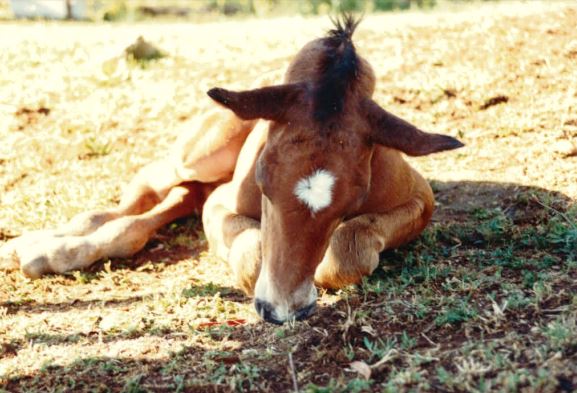
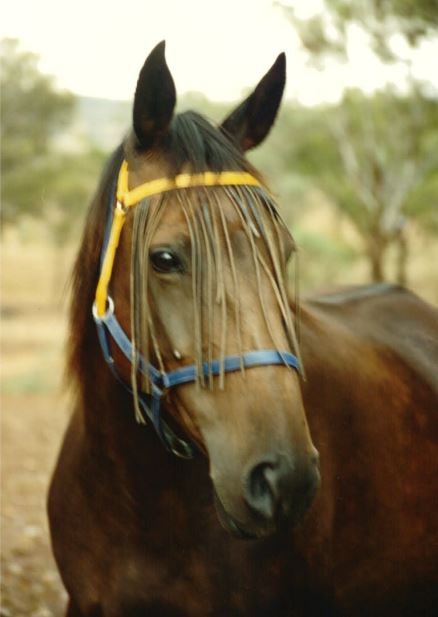
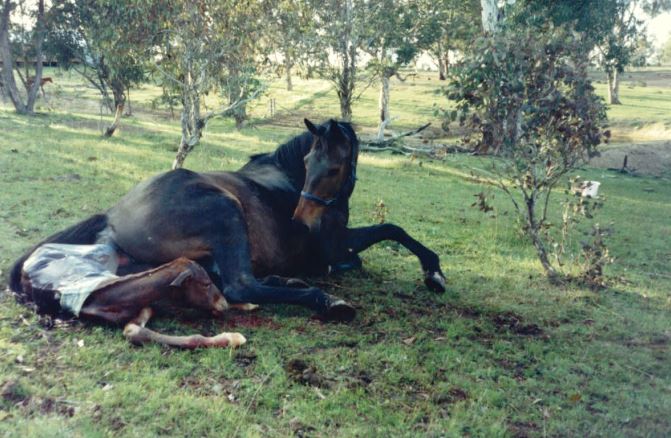
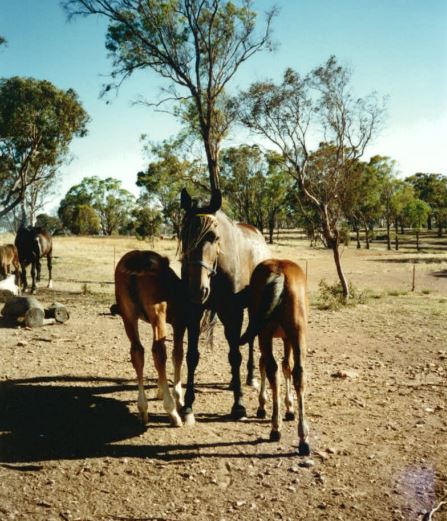
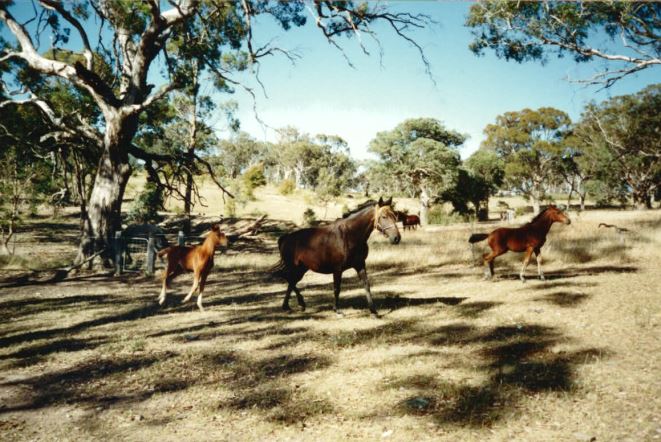

 RSS Feed
RSS Feed